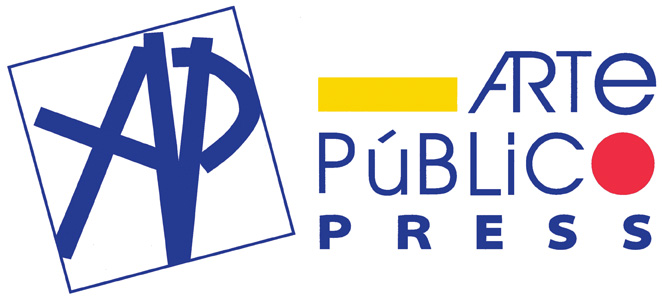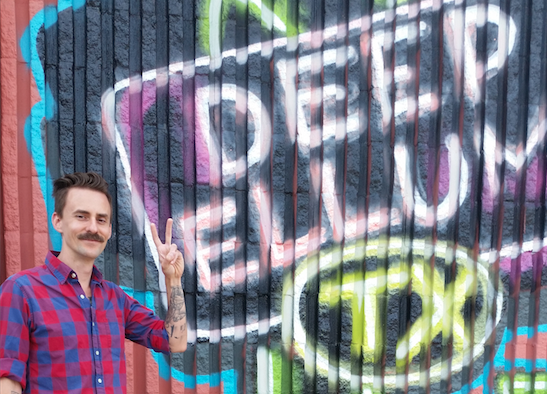The contagiously enthusiastic Will Evans views literature as an international art form. His passion for world literature was the inspiration behind his brand new publishing venture, Deep Vellum, based in Dallas, Texas. Dedicated to quality literature in translation, Deep Vellum’s first titles are slated for release later this year.
Book Expo America attendees (or anyone else in NYC this week!) can check out Deep Vellum at the Translation Happy Hour Event Wednesday, May 28th, co-sponsored by Asymptote in celebration of the BEA’s Translation Market Focus.
Frances Riddle: What gap in the publishing landscape does Deep Vellum aim to fill?
Will Evans: I started Deep Vellum with a threefold mission to fill in the pieces that I feel are lacking in the literary landscape. Deep Vellum is going to publish translations of literature from every language and an unspoken part of that is I want to publish a lot of Mexican and Latin American literature. Based in Texas, we have strong ties to our neighbors south of the border.
I’m committed to publishing equal numbers of men and women authors. I’m very committed to publishing a diversity of authors from different styles, different viewpoints, different lifestyles, cultural backgrounds. The second part of Deep Vellum’s mission is to promote the art of translation, the more creative writing side of literary translation. And the third part of my mission is to promote literature as a part of the larger arts community in our country. If you look at the funding for the arts in America, literature is not considered the arts. So we need to get literature included in a discussion of the arts and the vital role that the literary community can play in this country.
READ MORE…



